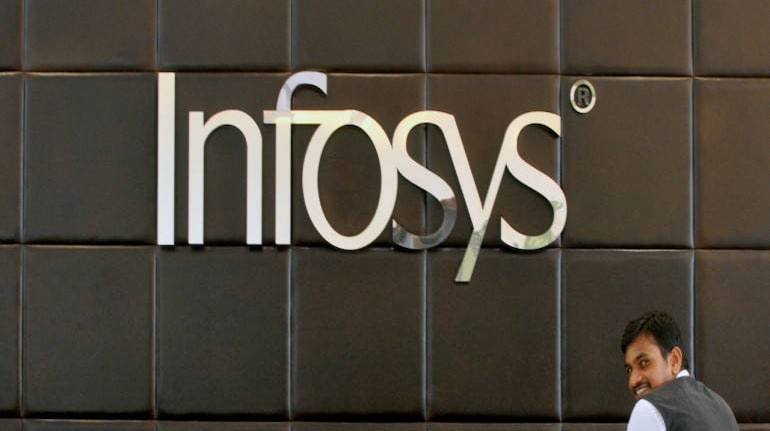



Infosys said on Saturday that it would buy back 11.3 crore shares or 4.92 percent of equity capital at Rs 1,150 apiece. The company will be spending Rs 13,000 crore for the same.
The company further said that the buyback represents premium of 17.73 percent and 17.92 percent on BSE and NSE, respectively, over the closing price of the stock as of August 16, 2017, the date of intimation to the exchanges of the board meet to consider the proposal of the buyback.
The buyback comes in the wake of a surprise exit of Vishal Sikka on Friday as MD and CEO of the company. He cited "continuous stream of distractions and disruptions" among reasons for quitting.
The news of Vishal Sikka’s exit didn’t go well among market participants. The S&P BSE Sensex lost 270 points while Infosys shares crashed by 9.6 percent following the news of Vishal Sikka’s resignation.
It wiped out a little over Rs 22,000 crore of investors wealth in Infosys as the company’s market capitalisation which is the combined market value of its listed shares sank to Rs 2,12,033 crore on Friday.
The liquid assets including cash and cash equivalents and investments were Rs39,335 crore as on June 30, 2017, as compared to Rs38,773 crore as on March 31, 2017.
The buyback is a way of rewarding shareholders in an efficient and cost-effective manner. A buyback allows companies to invest in themselves.
Buyback leads to a reduction of the number of shares outstanding on the market, which in turn increase the proportion of shares a company owns.
The reasons could be many for a company to go for a buyback. It improves the earnings per share (EPS), helps to improve return on capital, return on net worth and to enhance the long-term shareholder value.
It also provides an additional exit route to shareholders when shares are undervalued or are thinly traded.
Earlier in the year, Tata Consultancy Services Ltd (TCS) said that it would buy back shares worth Rs16,000 crore at a fixed price of Rs2,850 each.
Should investor tender their shares?
The share buyback is the only near-term positive for Infosys and the way things are evolving for the India’s second largest software services exporter, investors will be better off tendering their shares.
The stock will remain in the spotlight when trading resumes on Monday.
Infosys has been an underperformer in last 12-18 months as a slowdown in business demand, automation, rising currency as well as allegations of corporate governance issues weighed on sentiments.
The stock touched fresh multi-year low on Friday of Rs884.40. It is down nearly 9 percent so far in the year 2017 and by about 13 percent in the last one year compared to 12 percent gain in the S&P BSE Sensex in the same period.
“Constant rhetoric was sending the wrong signal. Infosys as a charm or a leading stock lost flavour. It is over-owned by foreign institutional investors (FIIs) will now only see unloading by them,” Sanjiv Bhasin, EVP-Markets & Corp Affairs, India Infoline said.
“There are many investors who have been sitting on Infosys at Rs1200. Now, it is clear that uncertainty will remain at the realm and even though Vishal Sikka did the humongous amount of reworking,” he said.
Bhasin further added that this constant bickering was getting too much and the buyback will be a good time to tender whatever you have if you are a shareholder.
As of close of market hours on Friday, Infosys was quoting at Rs 923.10, down Rs 98.05, or 9.60 percent on the BSE.
Discover the latest Business News, Sensex, and Nifty updates. Obtain Personal Finance insights, tax queries, and expert opinions on Moneycontrol or download the Moneycontrol App to stay updated!